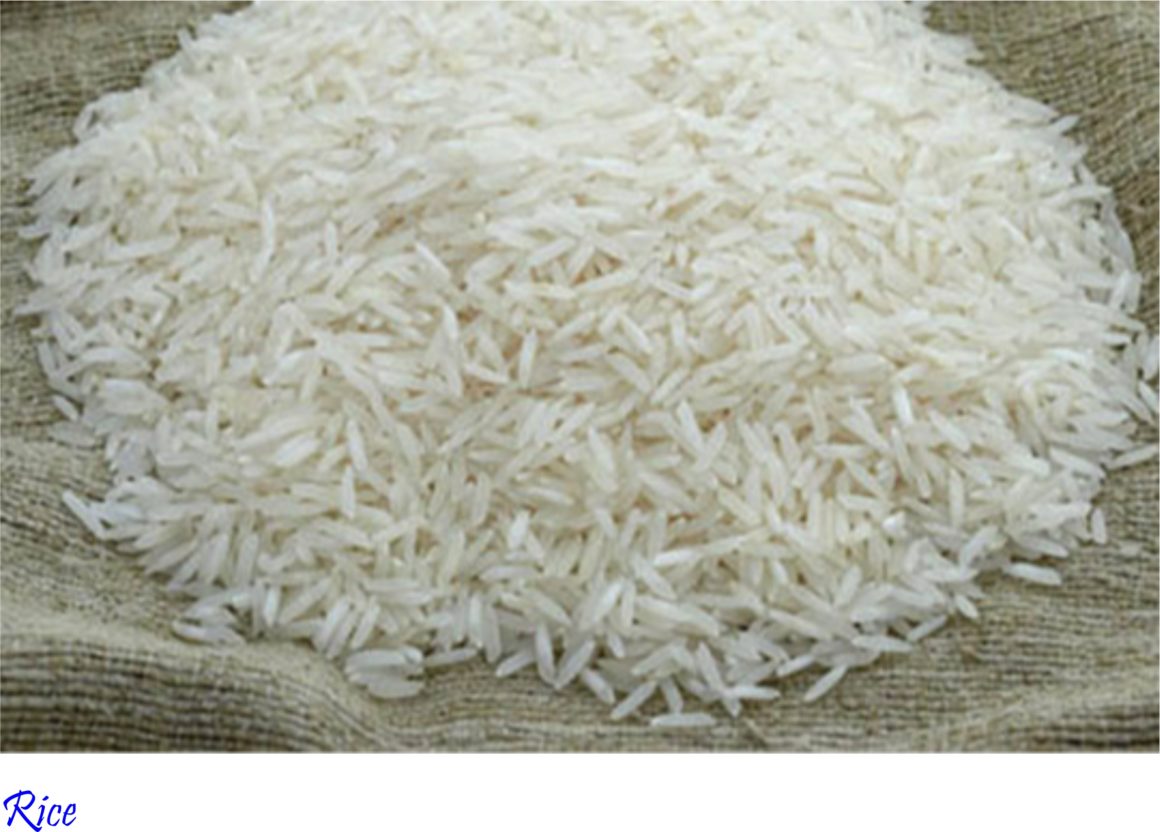ROME-With Asian rice imports to Italy practically doubling in 2022 (up 86 percent), it is important to first stop the raising of the limit of residues of tricyclazole, a powerful pesticide banned in the European Union but used in the main producing countries, from Vietnam to Cambodia, Myamar to India and Pakistan.
This is stated by Coldiretti and Filiera Italia in reporting that the Commission’s proposal for a regulation that would have increased the MRL for tricyclazole residues in rice from 0.01 to 0.09 mg/kg did not reach the qualified majority needed for approval at the meeting of the Standing Committee (SCoPAFF) on Plant Protection Product Residues.
As of 2016, the use of this active substance was banned in the EU and imports of products with Tricyclazole residues were also banned. The admission of a certain amount of this chemical in the imported product-Coldiretti and Filiera Italia highlight-in addition to harming Italian and European companies in the sector, would represent a potential health risk for consumers.
For Coldiretti and Filiera Italia, this is a first step for the respect in Europe of the principle of reciprocity so that all products entering national and European borders respect the same criteria, ensuring that behind the food, Italian and foreign, on sale on the shelves, there is a similar path of quality that concerns the environment, labor and health.
Should the Commission decide to go ahead anyway, the regulation would have to get the green light from the Council and the European Parliament, against which Coldiretti and Filiera Italia continue to press.
“We greatly appreciate the work carried out by the Italian government and in particular by Health Minister Orazio Schillaci,” said Coldiretti President Ettore Prandini in pointing out that with 1.5 million tons per year, Italy guarantees 50 percent of the EU’s entire rice production, with a range of varieties and a level of quality unique in the world.
“It is important to avoid putting European farmers at a competitive disadvantage with third-country producers, contravening the principle of reciprocity. The Commission should understand this once and for all and stop working against European agrifood production for unclear interests,” said Luigi Scordamaglia CEO of Filiera Italia.
Source: Agricultura.it
